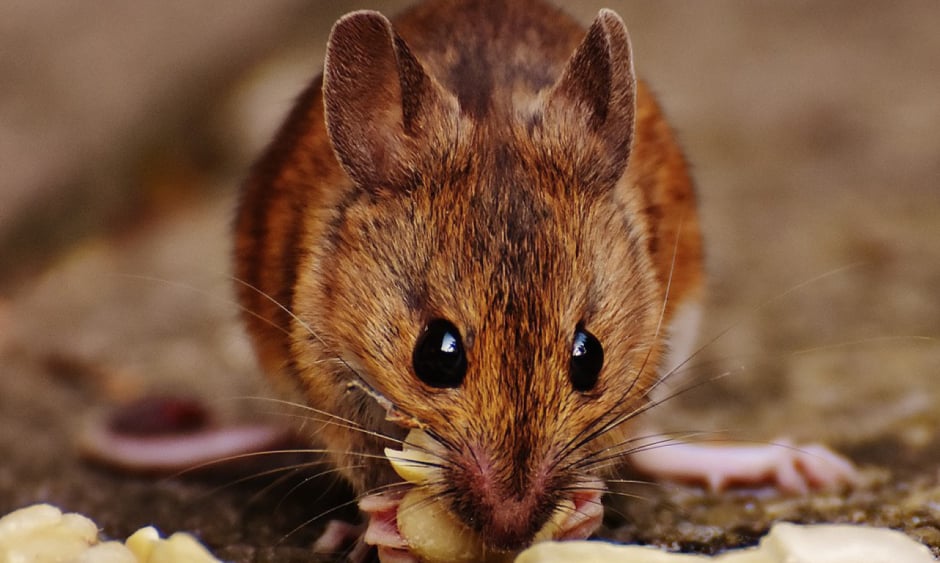FAECAL TRANSPLANTS can boost the immune system of aged mice in the gut by stimulating the microbiome. A study by a group of immunologists from the Babraham Institute, Cambridge, UK, found that the transplants, from young to aged mice, can recuperate the gut immune system through stimulation of the gut microbiome. The research has suggested that the treatment of a number of age-associated symptoms could focus on stimulating the microbiome.
Lead researcher Dr Marisa Stebegg explained the idea behind the study: “Our immune system is constantly interacting with the bacteria in the gastrointestinal tract. As immunologists who study why our immune system doesn’t work as well as we age, we were interested to explore whether the make-up of the gut microbiome might influence the strength of the gut immune response.”
The gut is heavily affected by ageing; changes as a result of ageing include inflammation, frailty, and higher susceptibility to intestinal issues. These developments occur in conjunction with a decreased functioning of the gut immune system. A link between the two was not established until now. The study housed young and aged mice together, as mice often eat the faecal matter of other mice, as well as directly transferring faecal matter from young to aged mice. This enhanced the aged mice’ gut immune system. The decline in the immune system due to age was partially corrected.
Dr Michelle Linterman group leader of the Immunology programme at the Babraham Institute discussed the findings: “To our surprise, co-housing rescued the reduced gut immune response in aged mice. Looking at the numbers of the immune cells involved, the aged mice possessed gut immune responses that were almost indistinguishable from those of the younger mice.”
The results highlighted how poor gut immune response is reversible to an extent and this can be strengthened by introducing stimuli. This confirmed a link between the immune system ageing and gut microbiome age-related changes. Promising results were seen for the future of healthy ageing, with a focus on faecal transplants co-habitation, diet, and probiotics.








